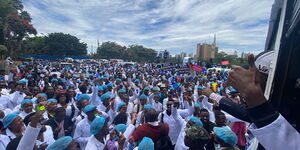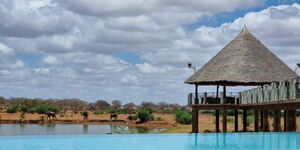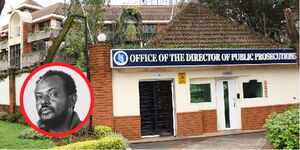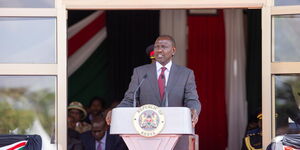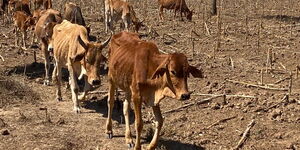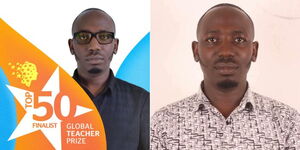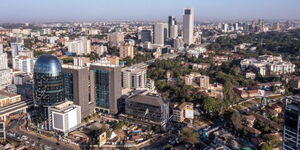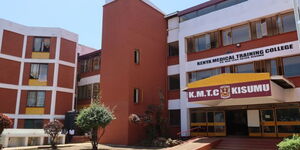Scientists and conservationists who are part of a consortium working to prevent the extinction of the Nothern white rhino through advanced assisted technologies on Monday, July 5, updated the public on their efforts to reproduce the species.
The organization intends to transfer embryos into southern white rhinos that will act as surrogate mothers which have an estimated gestation period of sixteen months.
Project Leader and Head of Reproduction Management Thomas Hilderbrandt stated that it would not take longer than two years before the country receiving its first calf.
"We hope to do the transfer of the embryo as fast as possible as we intend not to take longer than two years to have the calf," stated Hildebrandt.
Kenya Wildlife Services Director for Parks and Reserves Charles Musyoki mentioned their efforts to achieving success.
"There is a very good chance that we shall succeed and as a government, we shall continue to do all it takes to see to it that the first calf makes an appearance," commented Musyoki.
The news comes after the organization harvested ten immature eggs in 2020 from the two northern white rhinos, Fatu and Najin, which are the last on the planet.
The two extinct animals are not able to carry a pregnancy therefore the scientists transported the eggs' oocytes to Avantea laboratory in Cremona, Italy. Oocytes are cells that undergo division to form an ovum.
Thereafter, the embryos were formed following fertilisation of the oocytes with the semen from a male white rhino that passed away at the Ol Pejeta Conservancy in 2014.
During a press briefing on July 5, at the German Embassy in Nairobi, German Ambassador to Kenya Annette Gunther stated that her country has pumped over Ksh500 million through the consortium project.
The German Federal Ministry launched the Biorescue program in the presence of the former Kenyan Ambassador to Germany Joseph Magutt in July, 2019, at Tiepark in Berlin.
The program is an international project funded by the German Federal Ministry of Education and Research that aims to protect endangered species by developing methods of assisted reproduction and stem cell research.
The international organization is in cooperation with Kenya and the Leibniz Institute for Zoo and Wildlife Research (Leibniz-IZW) as the significant participation of the Max Delbrück Center of Molecular Medicine (MDC).
The technology used plans to guarantee the survival of different species of endangered animals around the world which could be the last chance for the White Rhinos threatened with extinction.


